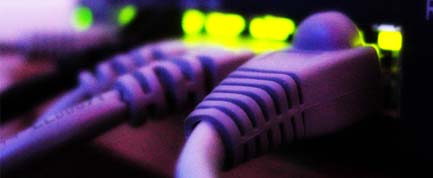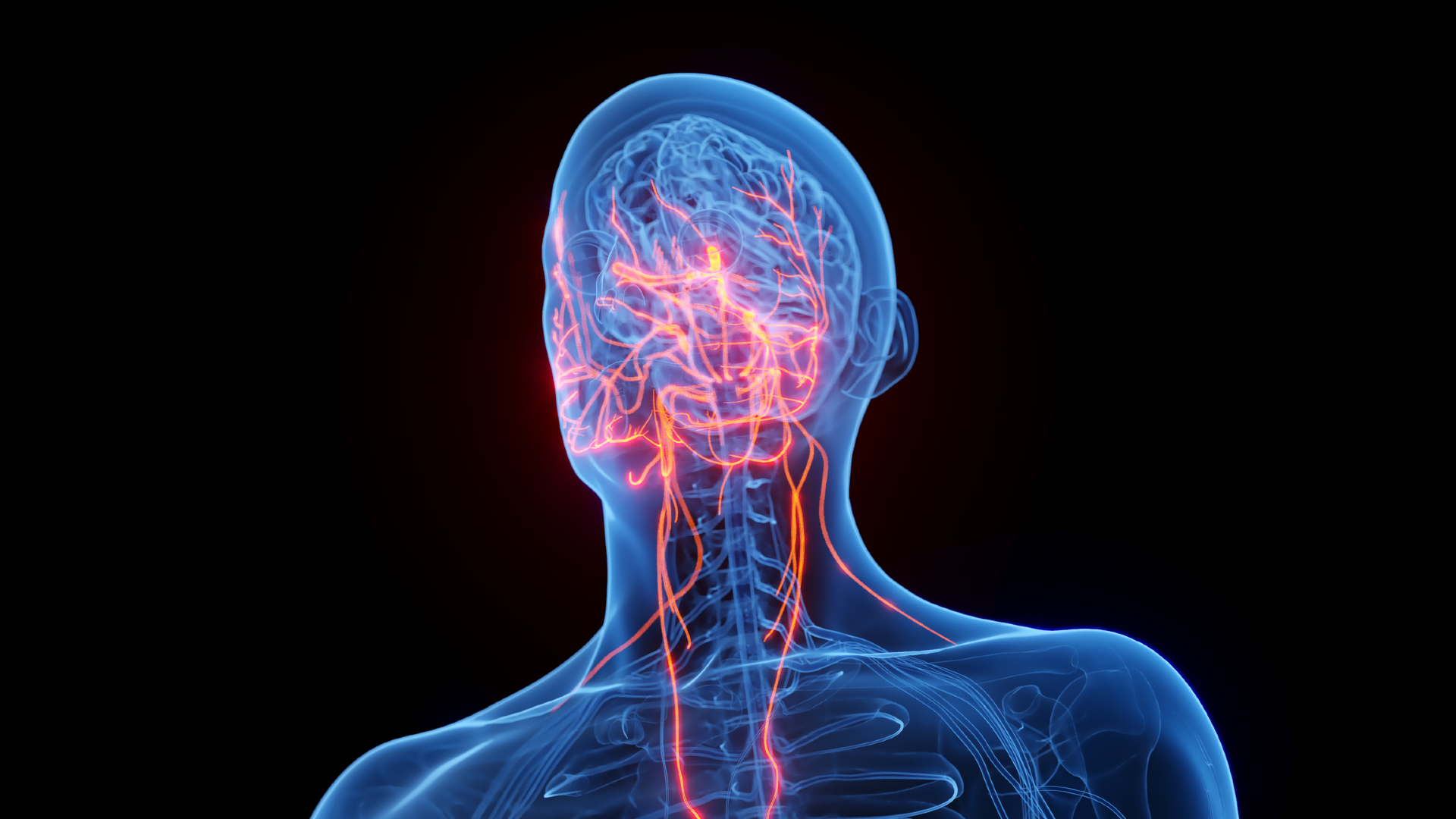Man Infects Himself with Computer Virus

Get the world’s most fascinating discoveries delivered straight to your inbox.
You are now subscribed
Your newsletter sign-up was successful
Want to add more newsletters?

Delivered Daily
Daily Newsletter
Sign up for the latest discoveries, groundbreaking research and fascinating breakthroughs that impact you and the wider world direct to your inbox.

Once a week
Life's Little Mysteries
Feed your curiosity with an exclusive mystery every week, solved with science and delivered direct to your inbox before it's seen anywhere else.

Once a week
How It Works
Sign up to our free science & technology newsletter for your weekly fix of fascinating articles, quick quizzes, amazing images, and more

Delivered daily
Space.com Newsletter
Breaking space news, the latest updates on rocket launches, skywatching events and more!

Once a month
Watch This Space
Sign up to our monthly entertainment newsletter to keep up with all our coverage of the latest sci-fi and space movies, tv shows, games and books.

Once a week
Night Sky This Week
Discover this week's must-see night sky events, moon phases, and stunning astrophotos. Sign up for our skywatching newsletter and explore the universe with us!
Join the club
Get full access to premium articles, exclusive features and a growing list of member rewards.
University of Reading researcher Mark Gasson has become the first human known to be infected by a computer virus.
The virus, infecting a chip implanted in Gasson's hand, passed into a laboratory computer. From there, the infection could have spread into other computer chips found in building access cards.
All this was intentional, in an experiment to see how simple radio-frequency identification (RFID) chips like those used for tracking animals can host and spread technological diseases.
The research shows that as implantable bionic devices such as pacemakers get more sophisticated in the years ahead, their security and the safety of the patients whose lives depend on them will become increasingly important, said Gasson.
"We should start to think of these devices as miniature computers," Gasson said. And just like everyday computers, they can get sick.
Down with disease
Gasson had a relatively simple chip implanted in the top of his left hand near his thumb last year. It emits a signal that is read by external sensors, allowing him access to the Reading laboratory and for his cell phone to operate.
Get the world’s most fascinating discoveries delivered straight to your inbox.
He and his colleagues created a malicious code for the chip. When the lab's sensors read the code, the code inserted itself into the building computer database that governs who has access to the premises.
"The virus replicates itself through the database and potentially could copy itself onto the access cards that people use," Gasson said.
The experiment showed that implants which wirelessly communicate with other computers can infect them and vice versa.
Gasson said he knows of no instances to date of bionic devices having been contaminated by computer viruses. But the threat will grow with the number and complexity of these devices.
Besides pacemakers for people with heart trouble, other modern bionic devices include cochlear implants for the hearing impaired and deep brain stimulators – a "brain pacemaker" – for neurological conditions such as Parkinson's disease.
Years ahead, this surgically implanted hardware may not only be for people with medical conditions. Bionic enhancements, much like today's cosmetic surgery, could boost memories and IQs. A side effect mentioned in cases of deep brain simulation is patients who have experienced greater creativity, Gasson said.
Wash your digital hands
To fight communicable diseases caused by bacteria, viruses and fungi, we take precautions such as washing our hands.
To counter threats of technological agents, Gasson said we are quite accustomed to keeping our computers updated with antivirus software and exercising caution online. A similar degree of hygiene and awareness may be necessary to keep the devices in our bodies clean as well.
"I don’t think for us that [infectious technological agents] would be a particularly new concept, but implants in our bodies will make it a lot more real," Gasson told TechNewsDaily. "A denial-of-service attack on a pacemaker, if such a thing were possible, would of course be very detrimental."
• Bionic Humans: Top 10 Technologies • New Implants Mold to Brain Like Shrink-Wrap • 10 Profound Innovations Ahead
 Live Science Plus
Live Science Plus











